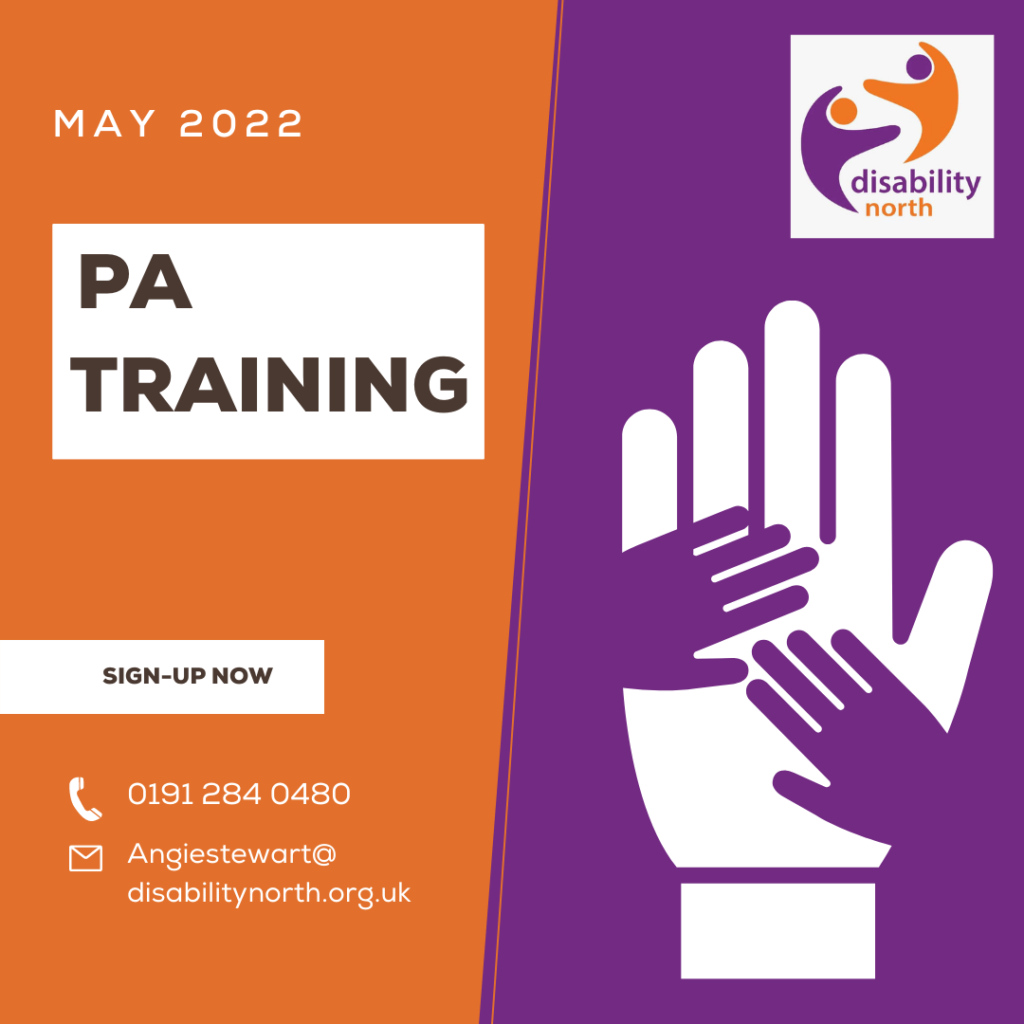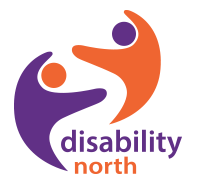The government has released guidance for people who are providing unpaid care to adults with learning disabilities and autistic adults during the coronavirus (COVID-19) outbreak, it has also been updated to include information on the self-isolation changes that came into effect on 16 August:
Who this guidance is for
This guidance is for those who provide unpaid care, such as friends or family, to adults with learning disabilities and autistic adults.
This guidance aims to help those with caring responsibilities keep people with learning disabilities and autistic people safe, to support them to understand the changes they need to make during the COVID-19 outbreak, and to protect their own wellbeing.
COVID-19 will have an impact on everyone’s lives and may result in increased stress and anxiety for both carers and the people they look after, as routines and care provisions change. This may be heightened for people with learning disabilities and autistic people and it is important to continue to consider their unique needs and preferences. All care and support should continue to be given in the least restrictive way possible and continue to maximise independence wherever possible.
This guidance builds on the guidance for those who provide unpaid care to friends or family and more detailed guidance published by the Social Care Institute for Excellence with resources to support those who care for people with learning disabilities and autistic people.
The advice and resources may also be helpful for those supporting people with other needs relating to cognitive impairment, such as dementia or mental health conditions.
There is additional advice for people who are clinically extremely vulnerable to coronavirus and households with a possible or confirmed coronavirus infection.
Protecting yourself and the person you care for
Most COVID-19 restrictions have been lifted as part of the government’s roadmap to ease restrictions in England.
The moving to step 4 of the roadmap guidance says this does not mark the end of the need for caution and restraint. It states that everybody needs to continue to act carefully and remain cautious.
If you’re fully vaccinated or under 18 and 6 months you’re not required to self-isolate if you’ve had close contact with someone with COVID-19.
Find out whether you need to self-isolate and how you can protect others if:
- you live with someone who has or might have COVID-19
- you’ve been in contact with someone who has or might have COVID-19 but you do not live with them
If you get any COVID-19 symptoms, self-isolate immediately and get a PCR test.
Find out more about what to do if you have COVID-19
Maintaining good hygiene practices
There are still cases of COVID-19 in England and there is a risk you could catch or pass on the virus, even if you are fully vaccinated. You are encouraged to exercise caution and consider the risks.
Cleaning your hands frequently throughout the day by washing with soap and water for at least 20 seconds or using hand sanitiser is one of the most effective ways of reducing the risk of infection for you and other people. This includes when you arrive at the home of the person you care for, if you do not live with them, or have been out.
The how to stay safe and help prevent the spread guidance provides information on washing your hands, cleaning and disposing of waste, and cleaning laundry, as well as other information for those living with a vulnerable person. You might also want refer to the guidance on hygiene on the NHS website.
Planning in case of an emergency
As set out in the guidance for those who provide unpaid care to friends or family, we advise all carers to create an emergency plan with the person they care for, to use in circumstances where other people may need to help deliver care. Depending on the circumstances, this could be help from family or friends, or a care provider.
In order to create an emergency plan that fits the needs of the person you care for, you will need to set out:
- the name and address and any other contact details of the person you look after
- who you and the person you look after would like to be contacted in an emergency
- details of any medication the person you look after is taking
- details of any ongoing treatment they need
- details of any medical appointments they need to keep
- details of their preferences and usual routine
You should also ensure that it is in a format that can readily be shared with other people who will need to discuss the plan with the person you care for.
For more support on contingency planning, see Carers UK guidance on practical support and planning in an emergency, including information about local carer organisations. You can also find information about local services on the Carers Trust website.
Collecting prescriptions if you are self-isolating
If you normally collect prescriptions for the person you care for, you will not be able to do this if you are self-isolating. Most pharmacies provide a home delivery service. Telephone them to see if this is available or if there is another scheme running locally to help you access prescriptions.
Pharmacy delivery services will be under pressure at the moment, so it is important that you order your repeat prescriptions in good time, to avoid delays in dispensing. Information on repeat prescriptions and delivery services may also be available via your GP practice website.
If the person you care for is concerned about their usual paid carer coming in and out of their home
The government has issued guidance on home care provision to ensure that appropriate levels of hygiene are achieved to reduce the risk of infection. If unsure, speak to the care provider about the processes they are following to maintain good hygiene.
If the person you care for receives regular health or social care from an organisation, either through your local authority or paid for by themselves, inform their care provider that they are reducing social contacts and agree on a plan for continuing their care, identifying essential care tasks that should continue.
If the person you care for is in a care home
If you have no symptoms, you should keep in contact with the care home to understand any local arrangement to keep in touch with residents. You should follow the latest advice on precautions to take as set out in the guidance on staying safe and helping prevent the spread of COVID-19.
Caring for someone who is clinically extremely vulnerable
Some people with learning disabilities or autistic people may have a specific health condition and may be clinically defined as extremely vulnerable.
Clinically extremely vulnerable people are advised to follow the same guidelines as everyone else. However, if caring for someone who is at higher risk of becoming seriously ill if they were to catch COVID-19, you may wish to think particularly carefully about precautions you can continue to take. These precautions are included in the guidance on staying safe and helping prevent the spread of COVID-19.
Further information on how to support someone who is clinically extremely vulnerable from COVID-19 can be found in the guidance on protecting people who are clinically extremely vulnerable from COVID-19.
If you are clinically extremely vulnerable
Clinically extremely vulnerable people are advised to follow the same guidance as everyone else. As someone who is at a higher risk of becoming seriously ill if you were to catch COVID-19, you may wish to think particularly carefully about precautions you can continue to take. These precautions are included in the guidance on staying safe and helping prevent the spread of COVID-19.
If you have symptoms of COVID-19
If you or someone in your household has symptoms of COVID-19, you should follow the stay at home guidance. The guidance provides detailed advice on when and how to self-isolate and information on cleaning and hygiene.
However, we appreciate that the advice above may not be easy to achieve where you provide close contact care for a spouse or relative such as washing and bathing. Where possible and needed, ask friends and family who can support you in providing care, or find out about local carer organisations at Carers UK or through your local authority.
If the person you care for has symptoms of COVID-19
If the person being cared for has symptoms or is part of a household that is isolating, you must follow the advice set out in the stay at home guidance and the guidance for those who provide unpaid care to friends or family.
If you do not live in the same home as the person you care for, you should provide information on who the person should call if they feel unwell, how to use the NHS 111 online coronavirus service and leave the number for NHS 111 prominently displayed.
Supporting the person through change
Communication
Changes in routines and care can be particularly stressful for people with learning disabilities and autistic people, and it is important that accessible information is provided to support them to understand the outbreak and the measures introduced. You may also need to consider how to manage behaviour that challenges, particularly if usual techniques are not appropriate or possible during the outbreak.
There are some steps you can take and guidance you can follow to support the person you care for through change:
It is important to use resources which are accessible and can best explain the outbreak and latest guidance to the person, such as:
Social distancing
Most legal restrictions to control COVID-19 were lifted at step 4 on 19 July 2021. This includes the restriction to stay 2 metres apart from people you do not live with. For further guidance on social distancing please see the guidance on staying safe and helping prevent the spread of COVID-19. Find out what you can and cannot do in the guidance on staying safe and helping prevent the spread of COVID-19.
It is important that the person you care for understands why it is important to maintain a social distance, and what may happen if they do not.
However, if the person in your care has a specific health condition which requires them to leave their home to maintain good health – including if that involves reasonable specific travel beyond your local area – then they can do so. This could, for example, include where people with learning disabilities or autistic people require specific exercise in an open space 2 or 3 times each day – ideally in line with a care plan agreed with a medical professional.
Wherever possible, you should support the person to continue their usual activities outside, in line with the restrictions that apply at the time. If it is not possible to continue their usual activities outside, alternative arrangements should be considered. These may include accessing online services such as food delivery or online prescription orders.
You may be able to access help from COVID-19 Mutual Aid UK which provides voluntary support to those who are in need. You may want to approach your local authority, who are strategically supporting these groups, so you can access safe, appropriate support.
Coping with bereavement
It is possible that the person you care for may experience the death of someone they know during this period or may experience anxiety at deaths reported in the media. In this instance, it is important to have open and honest discussions about death and coping with the person you care for.
The links below provide accessible resources to support communicating death to people with learning disabilities and autistic people:
Maintaining your own health and wellbeing
It is important that you look after your own health and wellbeing as well as supporting others you care for, especially given the potential for additional stresses at the current time and the potential for reduced access to support such as respite care.
Tips include taking care of your mind as well as your body and getting support if you need it. Daily physical activity is important for many aspects of health and wellbeing, including managing stress, encouraging positive feelings, and promoting good sleep habits. The One You website has suggestions for exercises you can do at home.
Draw on support you might have through your friends, family and other networks during this time. Try to stay in touch with those around you over the phone, by post, or online. Let people know how you would like to stay in touch and build that into your routine.
Remember it is okay to share your concerns with others you trust and in doing so you may be able to provide support to them too. There are sources of support and information that can help, such as NHS recommended helplines, and the Every Mind Matters website.
It may also be helpful to contact your local carers support organisation who can help with contingency planning. You can find out about local carer organisations at Carers UK. There is also an online forum on Carers UK.
Accessing alternative care quickly if you are unable to provide care
Having to organize alternative care can be difficult and concerning. Where possible, you should contact friends and family who may be able to give immediate help in providing care. You should follow the latest guidelines to protect those coming into the home of the person who needs care.
If you cannot organize alternative care you can contact your local authority or health care provider.
If you do not know how to do this, you can contact NHS 111.
If you need time off work to care for a relative who has symptoms or is self-isolating
You should talk to your employer about your caring needs and what arrangements can be put in place. Information regarding Statutory Sick Pay entitlements can be found in the guidance for employees.
Some people may be entitled to benefits as a carer, such as Carer’s Allowance. You should check on GOV.UK for further details.
Originally published 31/8/21 at https://www.gov.uk/government/publications/covid-19-providing-unpaid-care-to-adults-with-learning-disabilities-and-autistic-adults/coronavirus-covid-19-providing-unpaid-care-to-adults-with-learning-disabilities-and-autistic-adults




